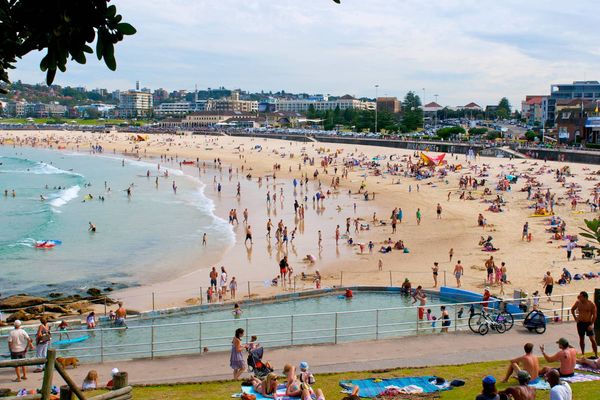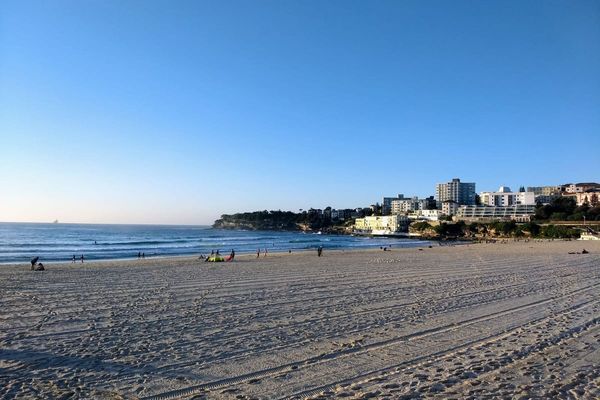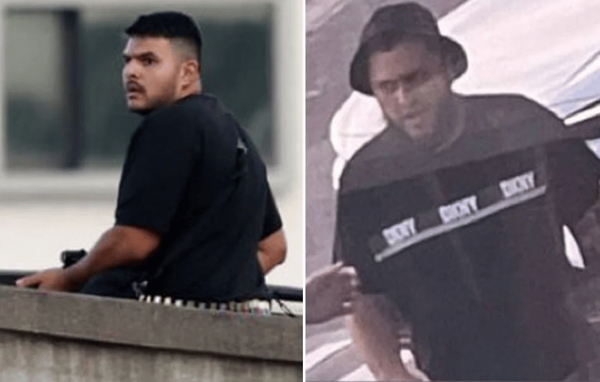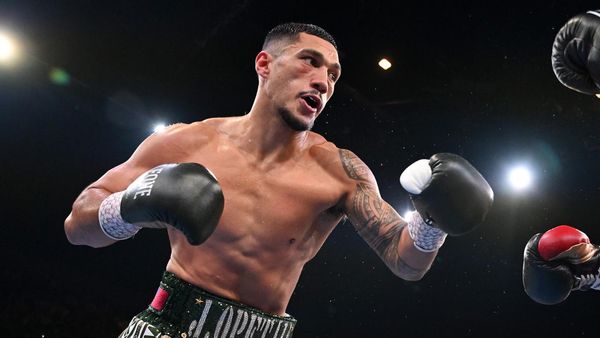HONG KONG _ Visit Hong Kong these days and you view a Greek tragedy in the making. This tragedy, encouraged by Beijing, will further poison relations between China and the United States.
Once-peaceful, massive pro-democracy demonstrations in June have deteriorated into violence due to the blindness of Hong Kong's leader, Carrie Lam, and her obeisance to hard-liners in Beijing.
Furious students have now barricaded themselves on several campuses in protest at indiscriminate police brutality toward protesters, as police try to enter. Fearful Hong Kongers recall the imagery of the Tiananmen Square massacre of students in Beijing in 1989.
The situation could still be defused if Lam were willing to discuss protesters' reasonable demands, but she refuses. Instead, she and Chinese leader Xi Jinping have been defaming all protesters as violent criminals. That is simply untrue.
The protests of the last six months have been driven by Hong Kongers' desperate attempt to preserve what Beijing promised when Britain handed the territory back to China in 1987: democratic freedoms, including independent courts and the rule of law.
"What sparked this conflict was a threat to rule of law," says Selma Masood, a barrister who is co-founder of the Hong Kong Legal Observers group, volunteer lawyers who are trying to report on legal violations on both sides of the current Hong Kong conflict.
Her point: Lam proposed legislation in February that would have allowed Hong Kongers to be extradited to China to face trial there in courts controlled by the Communist Party. But under the "one country, two systems" formula that China agreed to with Britain, Hong Kong is supposed to keep an independent judiciary until 2047.
Lam ignored massive peaceful protests against the extradition bill that brought millions onto the streets. She only froze the bill after students eventually invaded the offices of the Hong Kong Legislative Council, and didn't kill it until September.
Meantime, the police stopped giving permits for peaceful demonstrations, which encouraged young people toward more radical methods. "She taught the students that nonviolence won't work," says Martin Lee, one of Hong Kong's most prominent democracy activists for the last three decades.
By the time Lam killed the bill, demonstrators had upped their demands to include the right to universal suffrage in choosing Hong Kong's leader, a right that Beijing had promised but never delivered. They also demanded an independent investigation into increasingly brutal police tactics.
"We are here to uphold the law on both sides, but there has been escalating police violence," says barrister Masood. She is principal of her own private firm, SM & Co. but works many nights with fellow legal volunteers trying to locate arrested students and ensure that they get access to counsel.
"I've seen bruises, broken bones, cuts on faces," she says. "There are allegations of gang rapes in police stations." The number of suicides in Hong Kong has risen sharply, with dead bodies found at sea, leading to suspicions they may include victims of the police.
No one trusts the Hong Kong police to investigate themselves. Many students believe that the most violent masked activists are actually police provocateurs, including those doing serious damage to university buildings. They believe the government's goal is to diminish support for the protesters' demands.
Yet the demand for an independent investigation into violence on both sides has gathered support across the Hong Kong territory. Polls show support for this demand at nearly 80% of the population, according to Lee.
Over the last week, a suspicious death of a college student triggered a new wave of protests on campuses, with students building barricades and police firing massive volleys of extra-potent tear gas onto campuses. Many students have left, and many more were fleeing late Friday.
What has struck me, however, is the still widespread support for student-led protesters and their legal demands.
At a demonstration Friday in the business heart of downtown Hong Kong, the crowd on the streets included men in suits, young women in high heels, two elderly men in wheelchairs and many professionals, some wearing surgical masks to protect against tear gas.
Black masked, so-called front liners put bricks on the road to block police cars, and organized pathways through which demonstrators could flee. Someone spray-painted graffiti, obviously aimed at the police, that read: "It was you who taught me peaceful protests don't work."
One middle-aged fund manager told me: "I am here because of police brutality. There are a lot of dead bodies in the harbor. We don't want to see more children die."
When I asked if he wanted independence for Hong Kong _ a charge Beijing makes against demonstrators _ he reacted sharply. "No. Never. Hong Kong is part of China, but China is trying to make us fight against each other." Then he raised his arm and joined the crowd in chanting "Stand with Hong Kong!"
Lam, and Xi, won't pacify Hong Kong by killing more children. They might save Hong Kong _ and spare Beijing a lot more trouble _ by listening to those children's demands. ?







